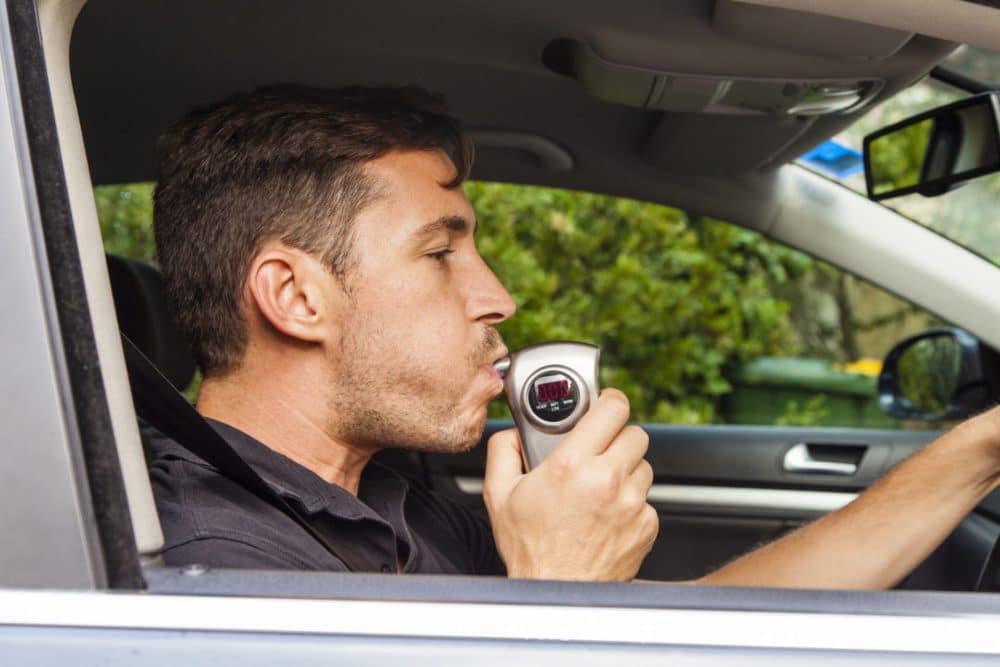What Happens If You Refuse a Breath Test After an OUI Stop in Maine?
If you are pulled over for OUI in Maine, it’s worth bearing in mind several important points.
First, you may be asked to perform a chemical test as well as field sobriety tests, and you should know your rights and obligations about consenting to them.
Second, the difference between being convicted for an OUI/DUI and being acquitted or having the case dismissed is often what the suspect said during the investigation, prior to the arrest. People who say the least to the investigating officer(s) often have a more favorable case outcome.
Finally, you have a better chance of a favorable outcome with legal representation from an experienced OUI attorney.
Now that you know that, let’s clear up the first of these points — understanding your rights and obligations if asked to perform a breathalyzer or other chemical test if you are suspected of OUI in Maine.
Call 207-571-8146 or contact us online to schedule a consult with one of our highly skilled criminal defense & OUI, DUI, DWI lawyers, serving Maine, today.
Table of Contents
Implied consent in Maine
A police officer who pulls you over on suspicion of OUI is likely to have been trained to perform an OUI investigation. The investigation usually starts with an observation of erratic driving or minor traffic violations, such as speeding, running a red light, not driving straight, swerving within the lane, etc.
You may be recorded by a body cam and asked questions. Legally, all you have to provide is your name, address, and your driver’s license and insurance card. It’s best to remain calm, cooperate and be polite, but decline to answer any questions that you do not have to answer.
Maine has an implied consent law. This means that if you are asked to perform a chemical test by a police officer who has probable cause to believe you operated a motor vehicle under the influence of intoxicants, you must comply.
This test may be requested in the police station or another facility. In most cases, the officer will ask for a breath test “unless, in that officer’s determination, a breath test is unreasonable.” In such cases, a blood or urine test will be requested.
If you refuse a breathalyzer test, you will be subject to heavy penalties in the form of jail time, additional license suspensions, and higher fines.
Implied consent warnings in Maine
Under Maine OUI laws, a person’s failure to submit to, or complete a test may only be used in court if he/she has first received a statutory implied consent warning from a police officer.
This means that the police officer must first inform the suspect that the refusal or failure to perform a test will:
- Result in the suspension of his/her driver’s license for up to six years
- Be admissible as evidence in a trial for operating under the influence of intoxicants, and
- Be considered an aggravating factor at sentencing if he/she is convicted of OUI and may result in a mandatory minimum jail sentence.
Call 207-571-8146 or contact us online to schedule a consult with one of our highly skilled criminal defense & OUI, DUI, DWI lawyers, serving Maine, today.
Penalties for refusing a breathalyzer or blood test in Maine
If you receive the appropriate implied consent warnings from a police officer and you refuse to submit to a breath, blood or urine test after an OUI arrest, you can be liable for the following criminal and administrative penalties in Maine:
Your refusal can be used as evidence in your OUI case
The State of Maine does not need to prove that your blood alcohol concentration (BAC) was at least .08% to convict you of OUI. If it is shown that you operated your vehicle while your physical or mental faculties were impaired due to the use of alcohol or other intoxicants (such as drugs), you can be found guilty of OUI.
Normally, the Government would achieve this by presenting evidence of erratic driving, observational evidence such as the odor of alcohol, admission to drinking recently, and/or poor performance in field sobriety tests, as well as evidence of a breath alcohol test result.
However, in the absence of a chemical test, Maine’s implied consent laws also allow prosecutors to present refusals of chemical tests as evidence of operation under the influence of intoxicants. Juries may even be instructed by judges that a refusal can be considered as evidence of impairment.
Your license will be suspended for at least 275 days
An OUI test refusal will have an immediate impact on your driving privileges in Maine, regardless of whether or not you are impaired or over the limit.
If you refuse a chemical test, the arresting officer will send a notice to the Maine Bureau of Motor Vehicles (BMV). You will be sent a notice of mandatory license suspension within a few weeks of the incident.
The length of the BMV suspension will depend on whether or not it is your first OUI chemical test refusal:
- A first refusal results in a 275-day license suspension
- A second refusal within 10 years results in an 18-month suspension
- A third refusal within 10 years results in a four-year suspension
- A fourth refusal within 10 years results in a six-year suspension
You can request an administrative hearing after receiving the notice of suspension from the BMV but your suspension will remain in place unless the suspension is overturned at your hearing.
If you subsequently receive a criminal conviction of OUI, a court-imposed driver’s license suspension will run consecutively with your administrative one, extending the overall suspension.
In standard OUI cases, the criminal suspension runs concurrently with the administrative one.
If convicted, you will receive a mandatory minimum jail sentence
If you are convicted of OUI in Maine after refusing a chemical test for the first time, you will face a mandatory minimum jail sentence — unlike with a standard OUI conviction.
Also, for second or subsequent offenses within 10-years involving the refusal of a chemical test, the mandatory minimum jail sentences are increased from the standard penalties:
- A mandatory 96-hour jail sentence for a first OUI offense (no mandatory jail for test result under a .15%)
- A mandatory 12-day jail sentence on a second OUI offense (7-days mandatory jail for a 2nd offense with breath test over the legal limit)
- A mandatory 40-day jail sentence on a third OUI offense (30-days mandatory jail for a 3rd offense with breath test over the legal limit)
- A mandatory 6-month + 20-day jail sentence on a fourth or subsequent OUI offense
Refusal to submit to a chemical test also enhances the mandatory minimum fines that are payable if you are convicted of OUI. In addition, the court-imposed suspensions are as follows and will run consecutively to any BMV suspension previously imposed:
- A mandatory 150-day loss of license, consecutive the BMV 275-day suspension;
- A mandatory 3-year loss of license, consecutive to the BMV 18-month suspension;
- A mandatory 6-year loss of license, consecutive to the BMV 4-year suspension;
- A mandatory 8-year loss of license, consecutive to the BMV 6-year suspension.
Call 207-571-8146 or contact us online to schedule a consult with one of our highly skilled criminal defense & OUI, DUI, DWI lawyers, serving Maine, today.
Should you refuse an OUI breathalyzer in Maine?
Unfortunately, in Maine, you don’t have a right to consult with an OUI attorney before you decide whether to submit to a breath test. Now you know the facts and the potential consequences of failing to submit to or complete a breathalyzer test, so you will need to decide for yourself.
The implied consent rules are designed to force you to consent to a breath, blood or urine test and the additional consequences/penalties make it something you should consider carefully before refusing.
However, there may be a legitimate reason why the police officer deemed your conduct a refusal of a chemical test. Perhaps you have asthma issues, which makes it difficult to provide a proper breath sample, or other medical reason for why you couldn’t comply with the request for a breath test; maybe the office didn’t properly inform you of your duties to submit to a test under Maine’s Implied Consent Laws. Remember, you are not automatically deemed guilty of OUI by deciding to refuse a breath test. With the assistance of an experienced OUI attorney, you may be able to build a strong defense against the OUI charge.
Do the same rules apply to OUI field sobriety tests in Maine?
Maine’s implied consent laws apply to chemical tests. They are not the same as field sobriety tests.
Chemical tests take a sample of your breath, blood, or urine. A field sobriety test involves an officer running a series of observational tests designed to back the suspicion that you are impaired by alcohol or another substance.
You will be asked to step out of your vehicle to perform field sobriety tests. However, you are not required to get out of your vehicle unless informed by the officer that you’re being placed under arrest. You will then be asked to perform a series of field sobriety tests that usually include the following:
- The horizontal gaze nystagmus test
- The walk and turn test
- The one-leg stand test
Some of these tests are not easy to perform, even while sober. You are not required by law to submit to these tests and you may refuse but you will be arrested.
You will also be arrested if you fail the field sobriety test. However, if you take the test and pass, it won’t necessarily get you off the hook.
So, refusing a field sobriety test may is generally a more justifiable (and defensible) decision than refusing a chemical test.
If you need help defending an OUI charge, call the Maine Criminal Defense Group at 207-571-8146 for an initial case evaluation.
Call 207-571-8146 or contact us online to schedule a consult with one of our highly skilled criminal defense & OUI, DUI, DWI lawyers, serving Maine, today.
Related Articles
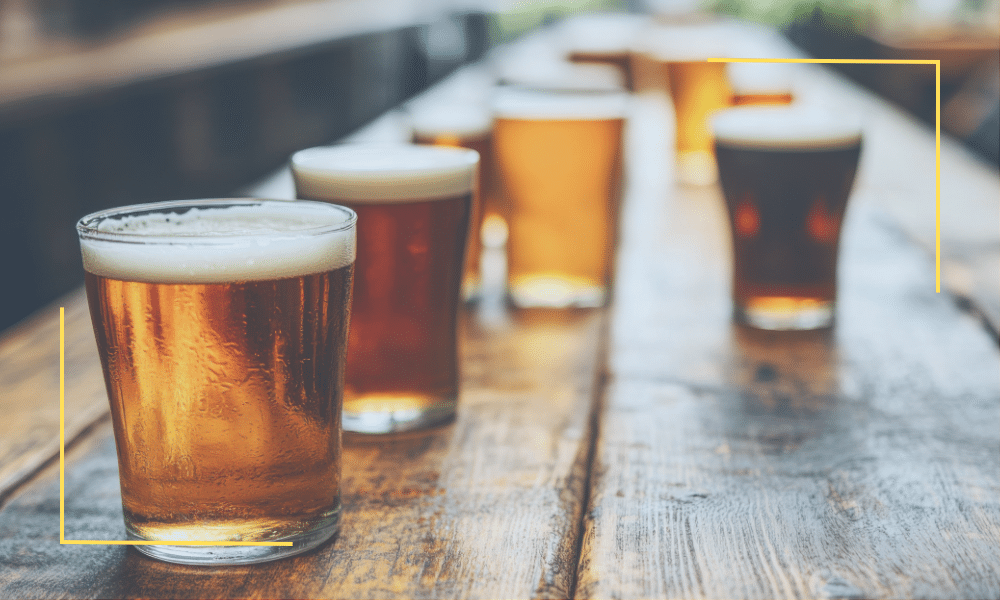
The Maine Liquor Liability Act (MLLA) provides for the recovery of damages against anyone who negligently or recklessly “serves” alcohol to a minor. However, that might be just the start[...]

A conviction for an OUI, DUI, DWI in Maine is accompanied by serious consequences, including heavy financial repercussions. Understanding the court-imposed fines is one thing, but the financial consequences can[...]

OUI cases in Maine usually start when a law enforcement officer pulls over a vehicle. From that point, many things can happen but if the officer even has a slight[...]
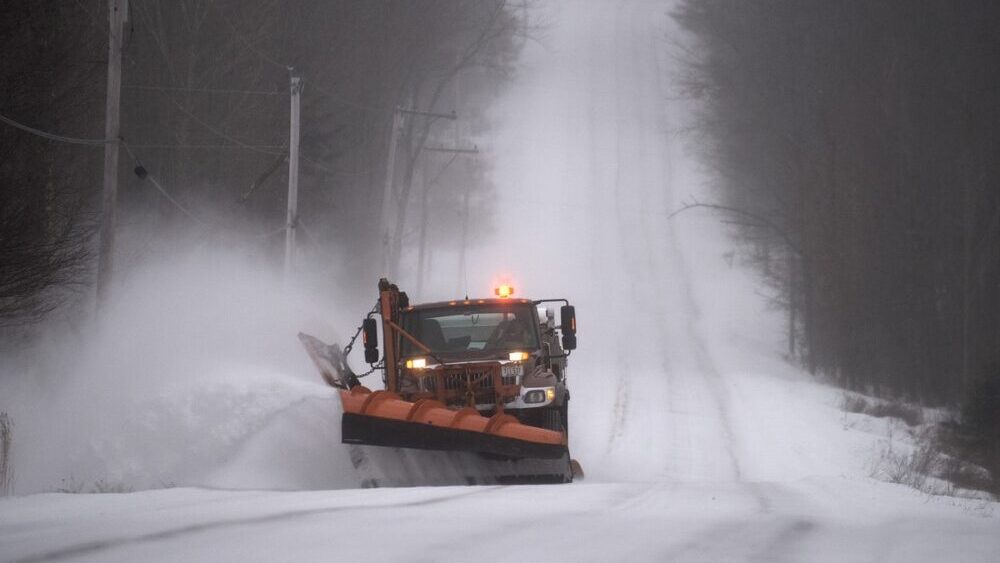
January 11th, 2025, in Skowhegan, Maine, a Maine Department of Transportation plow truck sustained a head-on collision caused by a drunk driver on Route 2, as reported by law enforcement.[...]

The tragic events of a fatal car crash in 2023 that claimed the lives of four young people have finally reached a pivotal legal outcome. Noelle Tavares, a former Maine[...]

In most states, there are many different places that the average person can take a driving course to satisfy court requirements as related to an DUI conviction. However, in the[...]
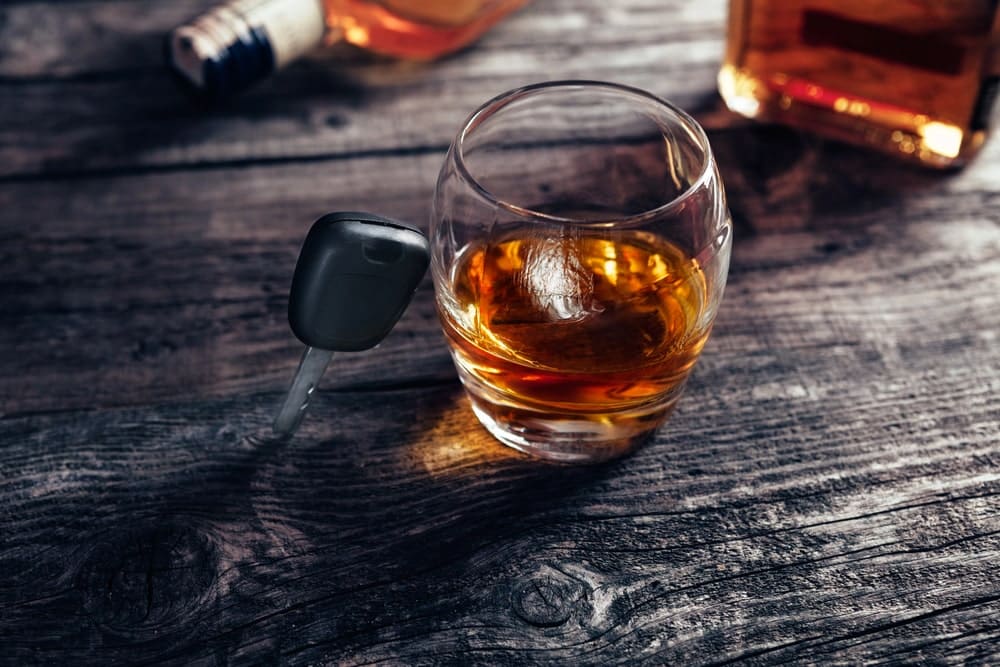
Defending against OUI offenses in Southern Maine Anyone charged with a 2nd OUI in Maine should expect little leniency from the criminal justice system. This makes it even more important[...]
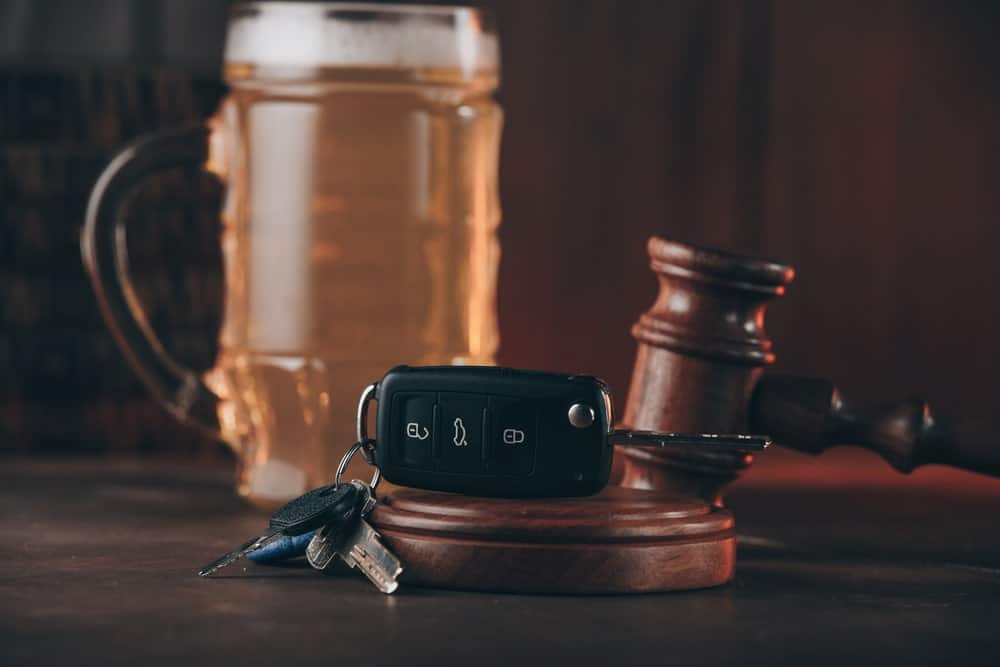
Defending against OUI Refusals in Southern Maine Did you know that it is a criminal offense to refuse to submit to a chemical test if lawfully requested to do so[...]
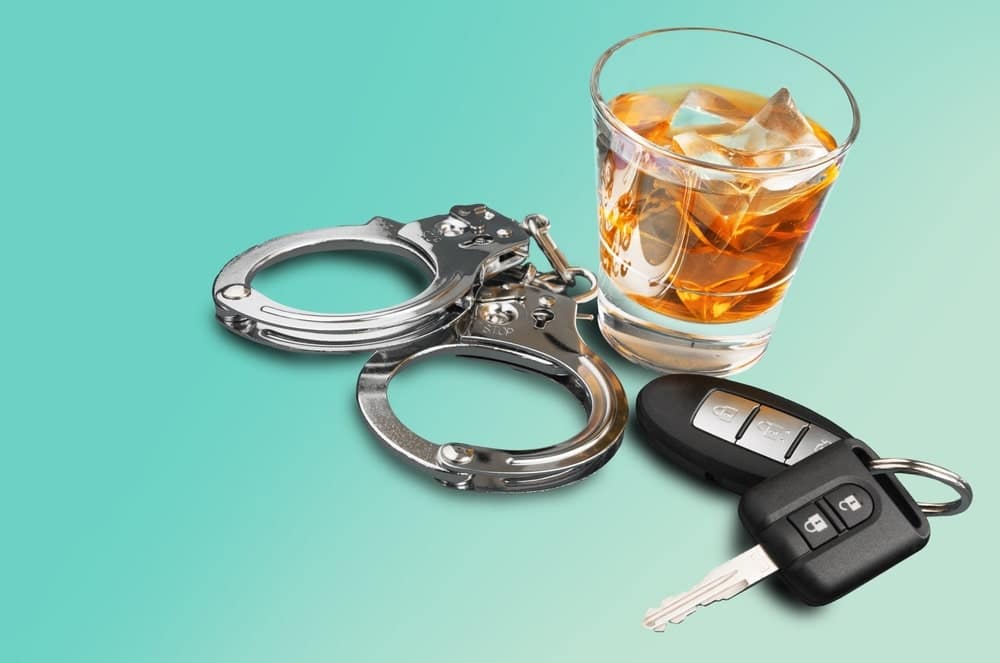
Reducing an OUI charge in Maine OUI charges are handled severely in Maine. For many people, a drunk-driving charge is their first time dealing with the criminal justice system and,[...]

Alcohol laws of Maine While you should be aware of the strict OUI laws in Maine, it’s also important to know about other ways you can face a traffic infraction[...]
